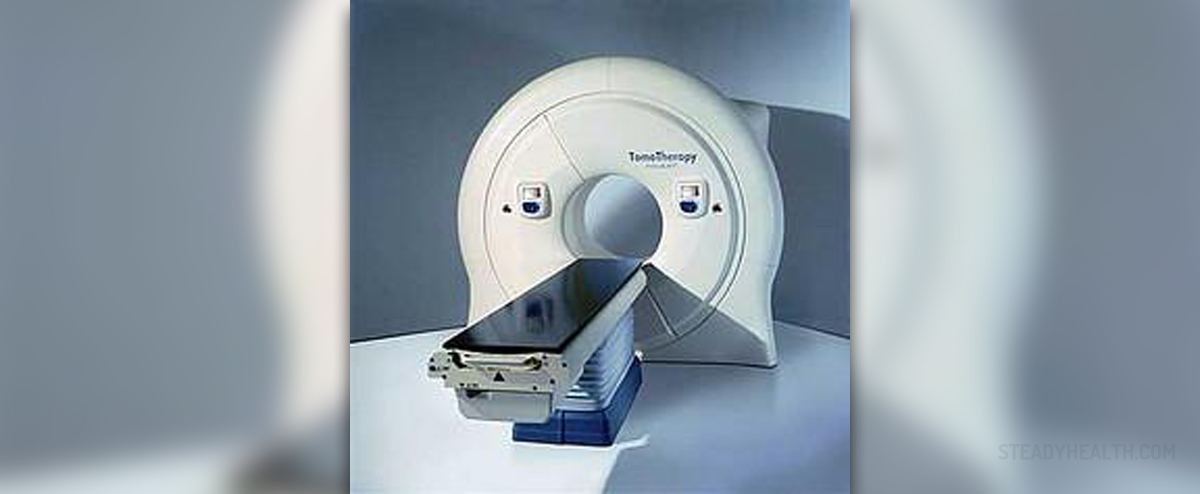
The majority of cases of esophageal cancer are treated surgically or with the assistance of radiation therapy and chemotherapy. Even the combination of these treatment modalities is an option. Depending of various factors such as the stage of the disease, the type of the cancer, patient's general health etc. doctors choose the most suitable treatment. Some of these treatments can be even repeated in case of esophageal cancer recurrence. All in all, with the right treatment combination the disease may be brought under control for at least some time.Types of Radiation Therapy for Esophageal Cancer
Radiation therapy is commonly prescribed for people suffering from stage II and II esophageal cancer and is usually administered in a combination with surgery and chemotherapy. As for stage IV, radiation therapy is only palliative, helping patients deal with symptoms and signs of severely progressed disease.
External radiation therapy uses a machine which sends high-energy radiation towards the tumor or the site from where the tumor has been surgically removed. The goal of postoperative radiation therapy is to sterilize the area and kill the remnant cancer cells. Preoperative radiation therapy, however, reduces the size of the tumor which allows its subsequent surgical.
Internal radiation therapy (brachytherapy) for esophageal cancer includes placing of small needles or wires containing radioactive elements directly into the tumor or the affected area. Such procedure is performed in hospitals where patients remain for some time.
Radiation Therapy for Esophageal Cancer Side Effects
It may be practically impossible to undergo radiation therapy and not experience at least one of many potential side effects.
The first one is skin irritation. Skin irritation occurs in case of external radiation therapy and is a transient and easy-to-manage problem.
Loss of appetite and swallowing difficulties occur as well. These interfere in eating and may cause weight loss and inadequate intake of nutrients, vitamins and minerals.
Many people undergoing radiation therapy complain about fatigue. This is a normal side effect of this treatment and is expected to occur almost always.
Finally, if radioactive beams or the inserted devices containing radioactive source delivered too much radiation to the stomach, patients may additionally experience nausea and vomiting.
It is also essential to mention that in case of advanced cancer, when radiation therapy is performed in order to alleviate symptoms and signs of the extensive tumor, there is a chance that rapid necrosis of the cancer may release a variety of waste products in the blood and cause severe metabolic issues. Furthermore, necrosis of the tumor may cause formation of fistulas between the esophagus and trachea. These are quite severe side effects and they require more extensive treatment and prolonged hospitalization.


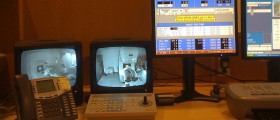







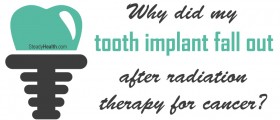
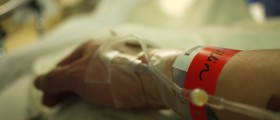

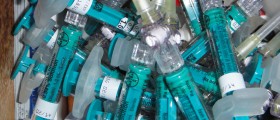
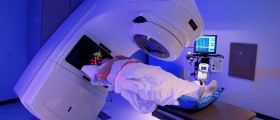

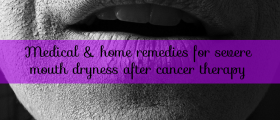
Your thoughts on this
Loading...